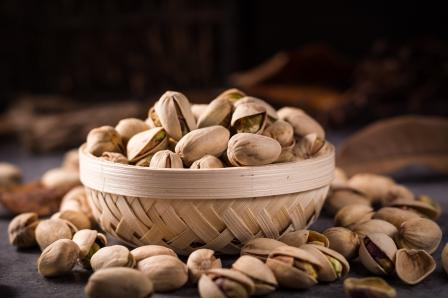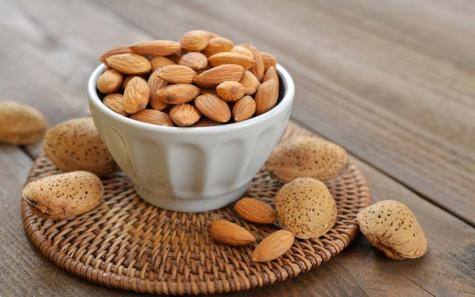When it comes to nutrition-packed tiny powerhouses, the African runner peanut stands out as a true gem. Also known as the Bambara groundnut, this nut is not just an ordinary nut – it’s a nutrient-dense, versatile, and delicious legume that has been a staple in African diets for centuries. In this comprehensive guide, we will dive deep into the wonderful world of the African runner peanut, exploring its origins, nutritional benefits, culinary uses, and health implications. Origins and Cultivation: The African runner peanut, scientifically known as Vigna subterranea, is an indigenous legume that has been cultivated in sub-Saharan Africa for thousands of years. It is believed to have originated from West Africa, particularly in countries like Nigeria, Ghana, and Mali. The plant itself is a member of the Fabaceae family and is well adapted to the arid and semi-arid climates of the region. One of the distinguishing features of the African runner peanut plant is its growth habit. Unlike traditional peanuts that grow above ground, the African runner peanut plant produces its pods underground, hence the name “groundnut.” This unique adaptation allows the plant to thrive in harsh environments with limited water availability, making it a valuable crop for small-scale farmers in Africa.
.
Nutritional Profile: The African runner peanut is not just a delicious snack; it is also a nutritional powerhouse packed with essential nutrients that can benefit overall health. One of the key components of this legume is its high protein content. In fact, African runner peanuts are a rich source of plant-based protein, making them an excellent option for vegetarians and vegans looking to meet their protein needs. In addition to protein, African runner peanuts are also a good source of healthy fats, particularly monounsaturated and polyunsaturated fats. These fats play a crucial role in supporting heart health, reducing inflammation, and promoting brain function. Furthermore, African runner peanuts are rich in fiber, vitamins, and minerals, including potassium, magnesium, and phosphorus. Health Benefits: Consuming African runner peanuts can have a range of health benefits, thanks to their impressive nutritional profile. One of the key health benefits of these legumes is their potential to support weight management and satiety. The combination of protein, healthy fats, and fiber in African runner peanuts can help promote feelings of fullness and prevent overeating, making them a valuable addition to a balanced diet.
..
Furthermore, African runner peanuts are a great source of antioxidants, including vitamin E and polyphenols, which can help protect the body from oxidative stress and reduce the risk of chronic diseases such as heart disease, cancer, and diabetes. Studies have also shown that the bioactive compounds in African runner peanuts may have anti-inflammatory and antimicrobial properties, further contributing to overall health and well-being. Culinary Uses: African runner peanuts are not just nutritious; they are also incredibly versatile in the kitchen. These legumes can be enjoyed in a variety of ways, from roasting and snacking on them to incorporating them into savory dishes and desserts. One popular way to enjoy African runner peanuts is to boil and season them with salt or spices, creating a satisfying snack that is both flavorful and nutritious. In African cuisines, African runner peanuts are often used in stews, soups, and sauces to add depth of flavor and richness to dishes.
…
Ground into a paste, African runner peanuts can also be used to thicken sauces or dressings, adding a creamy texture and nutty taste to the dish. Additionally, African runner peanut flour can be used as a gluten-free alternative in baking, providing a nutty flavor and added nutrients to baked goods. Incorporating African runner peanuts into your diet can not only elevate the taste of your meals but also boost their nutritional value, making them a smart choice for those looking to add more plant-based protein and healthy fats to their diet. Potential Risks and Precautions: While African runner peanuts offer a host of health benefits, it is essential to be aware of potential risks and precautions associated with their consumption. Like other legumes, African runner peanuts contain antinutritional factors such as phytic acid and tannins, which can interfere with the absorption of certain nutrients and may cause digestive discomfort in some individuals. To minimize the antinutritional effects of African runner peanuts, it is recommended to properly prepare and cook them before consumption. This process can help reduce the levels of antinutrients and make the legumes more digestible. Additionally, individuals with nut allergies should exercise caution when consuming African runner peanuts, as they may trigger allergic reactions in some people.




Your comment submitted.